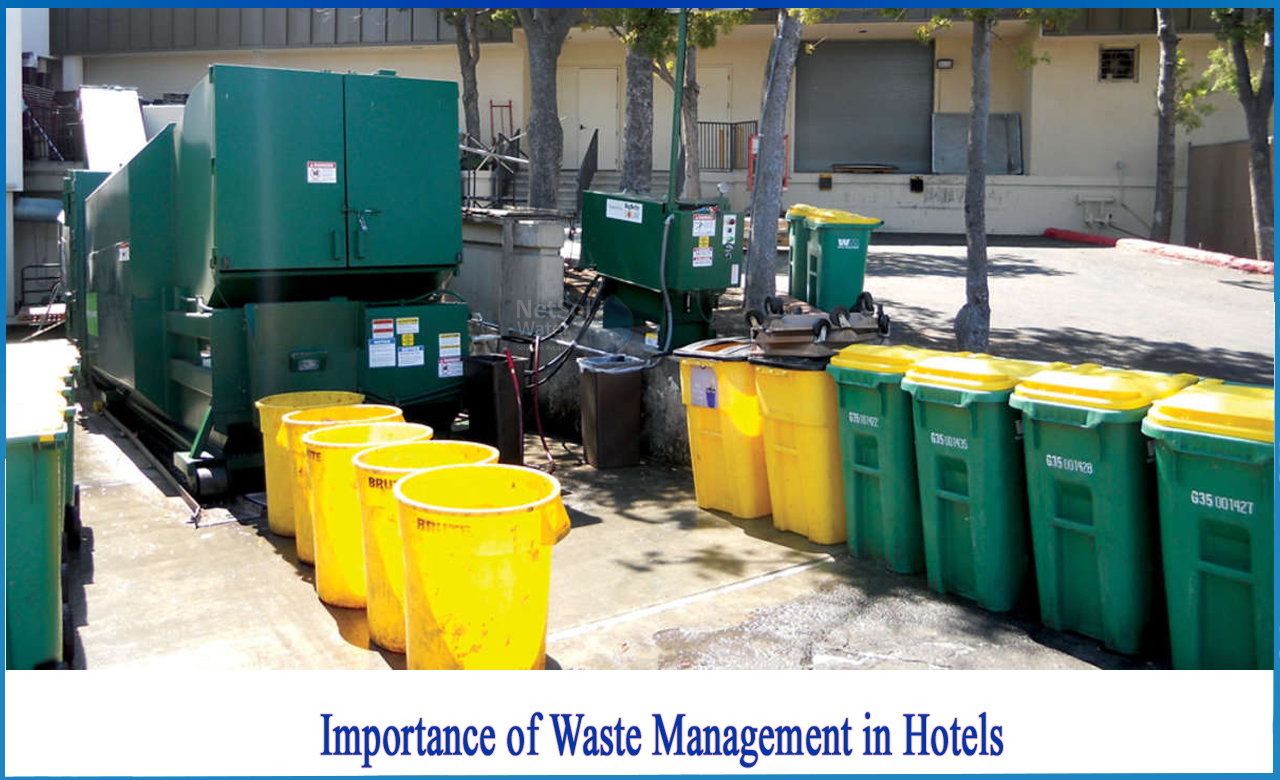All about Reclaim Waste
All about Reclaim Waste
Blog Article
The Basic Principles Of Reclaim Waste
Table of ContentsNot known Factual Statements About Reclaim Waste The smart Trick of Reclaim Waste That Nobody is DiscussingExcitement About Reclaim WasteExcitement About Reclaim WasteRumored Buzz on Reclaim Waste
Check out the types, occurrences, and kinds of fluid waste. Domestic sewer waste refers to the waste and products from a household sewage-disposal tank. This kind of waste is created by human beings in residences, colleges, and other buildings. This only includes sewage-disposal tanks that have a drain area. The correct monitoring and disposal of domestic sewage waste require liquid waste to be transferred to a sewage therapy plant where the correct approaches and devices are put on detoxify and dispose of waste.
Commercial waste usually includes possible risks, such as combustible products or a mixture of fluid and strong waste items, and requires a much more innovative and comprehensive disposal procedure. The disposal of commercial waste typically involves the filtering of waste prior to transportation to make sure secure and appropriate disposal. Hazardous waste is produced from by-products and drainage of industrial procedures and manufacturing.
This type of waste can not make use of the exact same sewer administration transportation or procedures as septic or industrial fluids. The hazardous waste administration procedure calls for the examination and testing of fluid waste prior to it undertakes the disposal procedure (industrial wastewater treatment). Overflow waste is the liquid waste that comes from drainage and excess stormwater in highly booming locations or cities
Drainage waste can create contamination and flooding otherwise dealt with effectively. Learn a lot more about sewage system cleansing and waste administration. Guaranteeing proper waste administration can avoid disasters and lower ecological harm. Both individuals in property settings and professionals in commercial or manufacturing markets can benefit from understanding the processes and regulations of fluid waste administration.
Rumored Buzz on Reclaim Waste
Contact PROS Providers today to learn more about our waste monitoring and disposal solutions and the correct ways to take care of the fluid waste you produce.
(https://share.evernote.com/note/7e2c20e2-4e08-1523-1aa2-d06cf7e27761)Do you know what happens to your water when you end, flush the bathroom or drain pipes the cleaning equipment? No? Well, it deserves recognizing. This so-called 'wastewater' is not only a crucial source but, after treatment, will certainly be released to our land, rivers or the ocean. Made use of water from commodes, showers, baths, kitchen sinks, laundries and industrial procedures is referred to as wastewater.

water used to cool equipment or tidy plant and devices). Stormwater, a kind of wastewater, is runoff that moves from agricultural and urban locations such as roofing systems, parks, gardens, roadways, courses and gutters right into stormwater drains pipes, after rain. Stormwater streams untreated directly to neighborhood creeks or rivers, eventually getting to the ocean.
What Does Reclaim Waste Do?
In Queensland, most wastewater is treated at sewage therapy plants. Wastewater is carried from residential or industrial sites through a system of drains and pump stations, called sewerage reticulation, to a sewer therapy plant. City governments construct, maintain and run most sewer therapy plants. Operators are certified under the Environmental Security Act 1994 to discharge treated wastewater at an acceptable environmental standard into waterways.
The Department of Natural Resources recommends local federal governments regarding managing, operating and maintaining sewerage systems and therapy plants. In unsewered areas, city governments may require owners to set up individual or house sewage therapy systems to treat residential wastewater from toilets, cooking areas, washrooms and laundries. The Division of Natural Resources authorises using home systems when they are proven to be reliable.
In some brand-new neighborhoods, therapy of some stormwater to eliminate litter, sand and crushed rock has actually started using gross contaminant catches. Wastewater treatment occurs in four phases: Removes solid matter.
Wastewater after that moves into large storage tanks where solids resolve and are removed as sludge. Grease and residue are skimmed from the surface. Uses small living microorganisms referred to as micro-organisms to damage down and get rid of continuing to be dissolved wastes and fine particles. Micro-organisms and wastes are included in the sludge. Gets rid of nitrogen and phosphorus nutrients that can create algal blooms in our rivers and threaten aquatic life.
Reclaim Waste - The Facts
Nutrient elimination is not available at all sewer treatment plants due to the fact that it needs pricey specialist equipment. Clear fluid effluent created after treatment might still moved here contain disease-causing micro-organisms - liquid waste removal melbourne.

Most wastewater flows into the sewage system. Under the Act, neighborhood governments provide approvals and permits for eco appropriate tasks (Periods) entailing wastewater launches that might have a neighborhood effect.
Our Reclaim Waste Statements
Monitoring offers accurate details about water high quality and can confirm that licence problems are being satisfied. The information obtained via tracking provides the basis for making water high quality choices.
Report this page